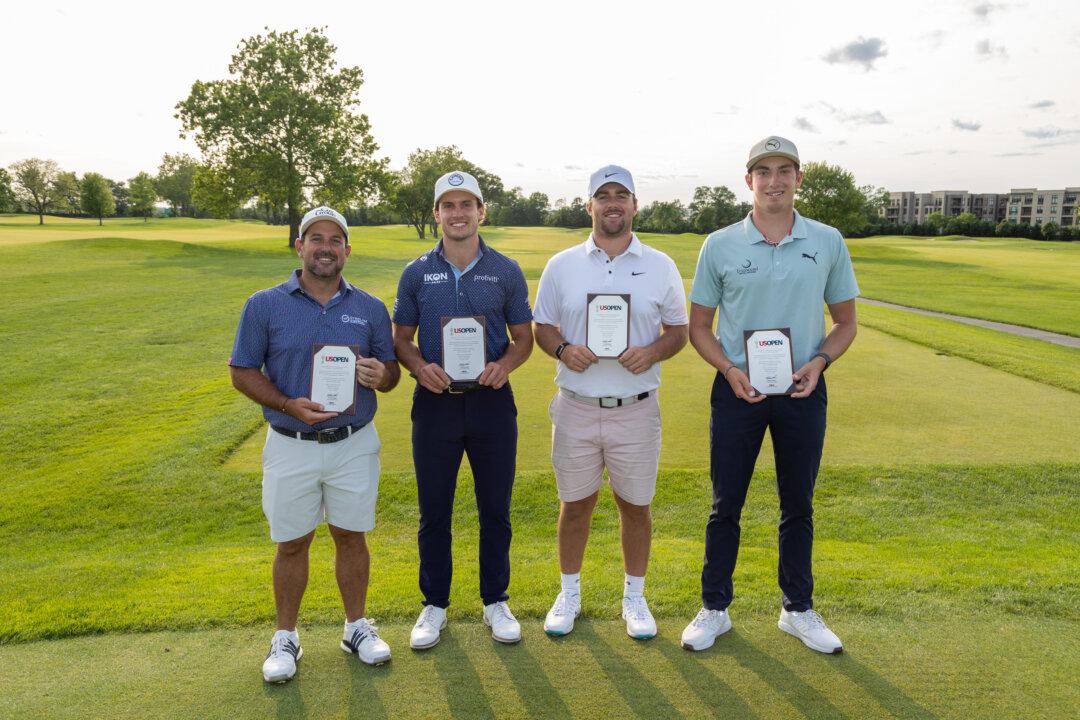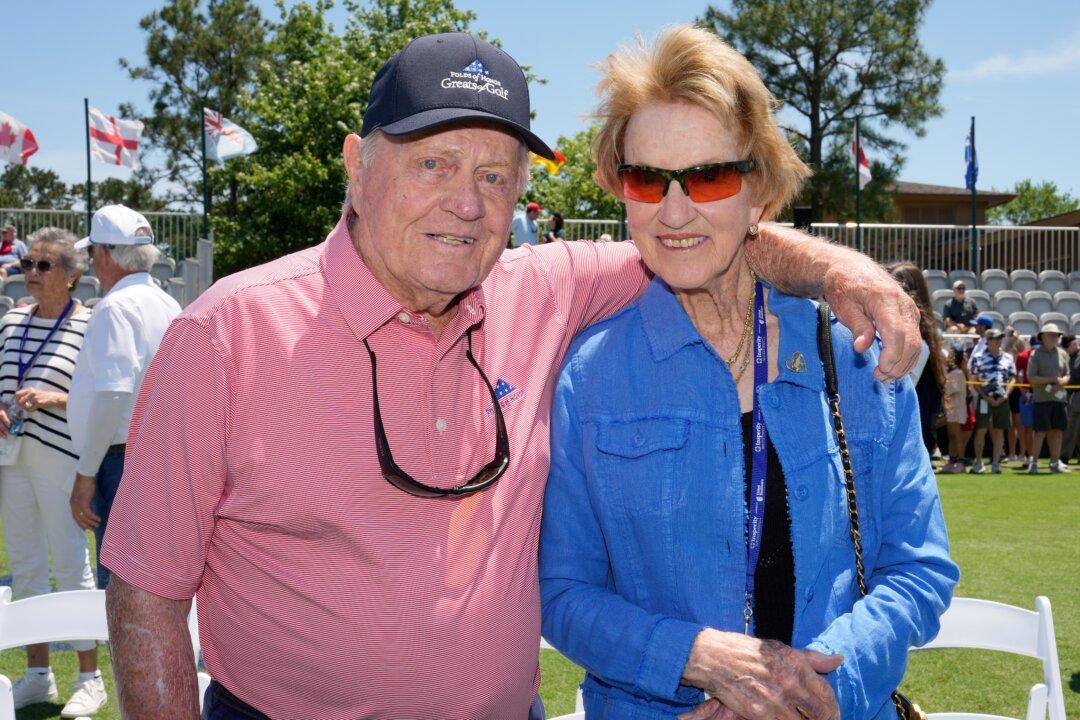AUGUSTA, Ga.—Given the rightful fanfare attached to Rory McIlroy’s attempt to win his first Masters this week and with it becoming only the sixth member to join the exclusive Grand Slam winners club, it’s important to point out another milestone set by another 25-year-old player—50 years ago.
Heading into the 1965 Masters, the buzz centered around an Ohio-born talent: Jack Nicklaus—already a Masters champion at the then record-young age of 23 in 1963. Even after claiming the U.S. Open in 1962 as his first professional win—doing so at age 22—and then claiming two additional majors in 1963 (his first green jacket and later that same year with his first win in the PGA Championship), the issue was whether his prodigious talent had the staying power to achieve even greater results.
In 1964, Nicklaus barely edged Arnold Palmer for the PGA Tour money title and won four titles—none were majors—although Jack finished second in three of them.
The 1965 Masters provided ideal opening-round scoring conditions and a range of talented players. Gary Player, the 1961 Masters champion, got things going quickly with a stellar 65—the best first-round shot by the talented South African at Augusta. In fact, 33 players shot below par for the opening round, and many wondered whether the four-round record of 274 set by Ben Hogan in 1953 was in serious jeopardy of being eclipsed.
Player weighed in on the subject: “But if anyone is going to break Hogan’s record I would have to say it will be Nicklaus. There is no such thing as a par-5 hole on this golf course for Nicklaus because he is strong and he hits the ball so far. Not only that, he has a tremendous touch. I predict that if the weather is good Jack will break the tournament record.”






